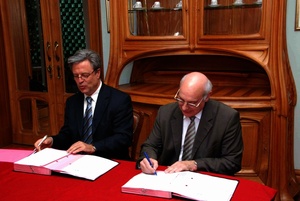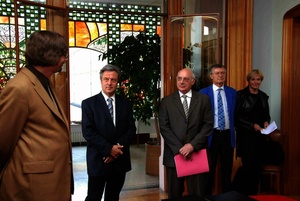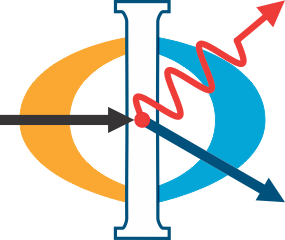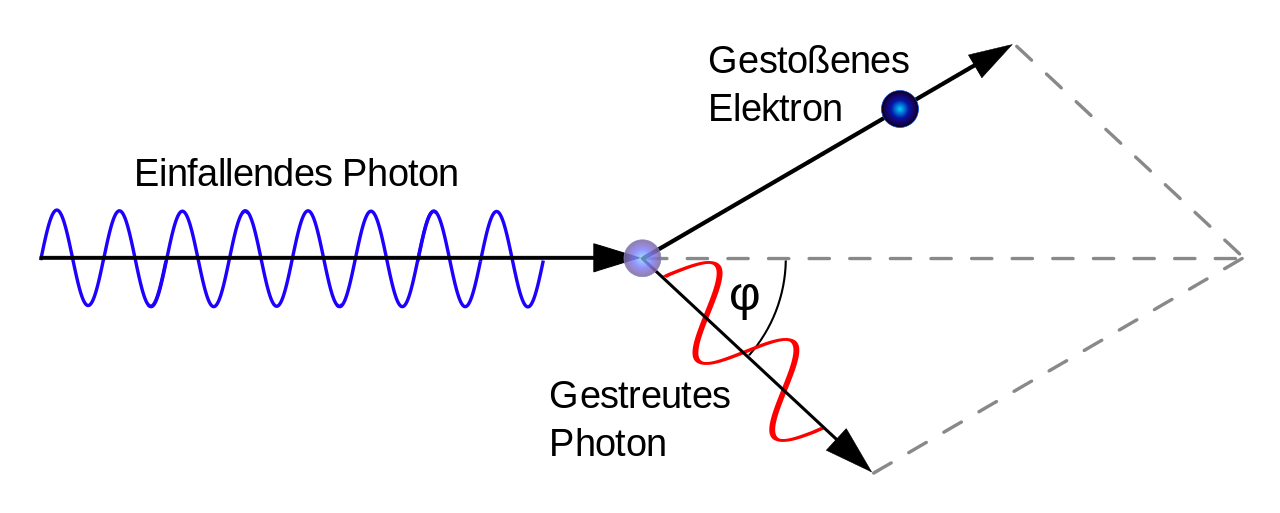Attention — Stop updating in English, look on the French or German side to be up to date. Thank you, Thomas.
Establishment of SLLS-Physik


The Saar-Lor-Lux study programme is founded in 1999. University of Luxembourg joined the partnership two years after the initial collaboration between the University of Nancy and Saarland University. In 2007, the old Diplom degree was replaced by bachelor/master.
The SLLS-Master was introduced in 2008 by the presidents of DFH, Prof. Dr. Jean Pierre Finance of UHP (Université Henri Poincaré) and Prof. Dr. Volker Linnweber of UdS. In 2004 the University of Luxembourg officially joined the SLLS master's programme as part of the integrated studies. The programme continues to grow and receives recognition since its founding. In 2008, the programme received the Saarland State prize for Higher Education , and became the first recipient of the Ars-Legendi Faculty prize in Physics in 2014.
We have more than 80 graduates continuing their studies or working in a professional field all over the world. For more about the Alumni network, visit the Alumnis page .
Our Logo


- black The first university is the

- red in the second year our students are at the

- dark blue and in the last year at the

- The two embedding colours
- orange und light blue bordering the programme with the

 ).
).

The Compton effect is a conclusive proof that light also exhibits particle-like characteristics. In the diagram a high-energy photon is scattered by an electron, thus losing its energy and resulting in a longer wavelength. See Wikipedia . In the physical representation, the length of the arrows indicate the corresponding momentum of the photon and the electron, which is conserved for both the x and y components. In our logo, we neglected the meaning of the length of the arrow to give ourselves more artistic freedom.
 .
.